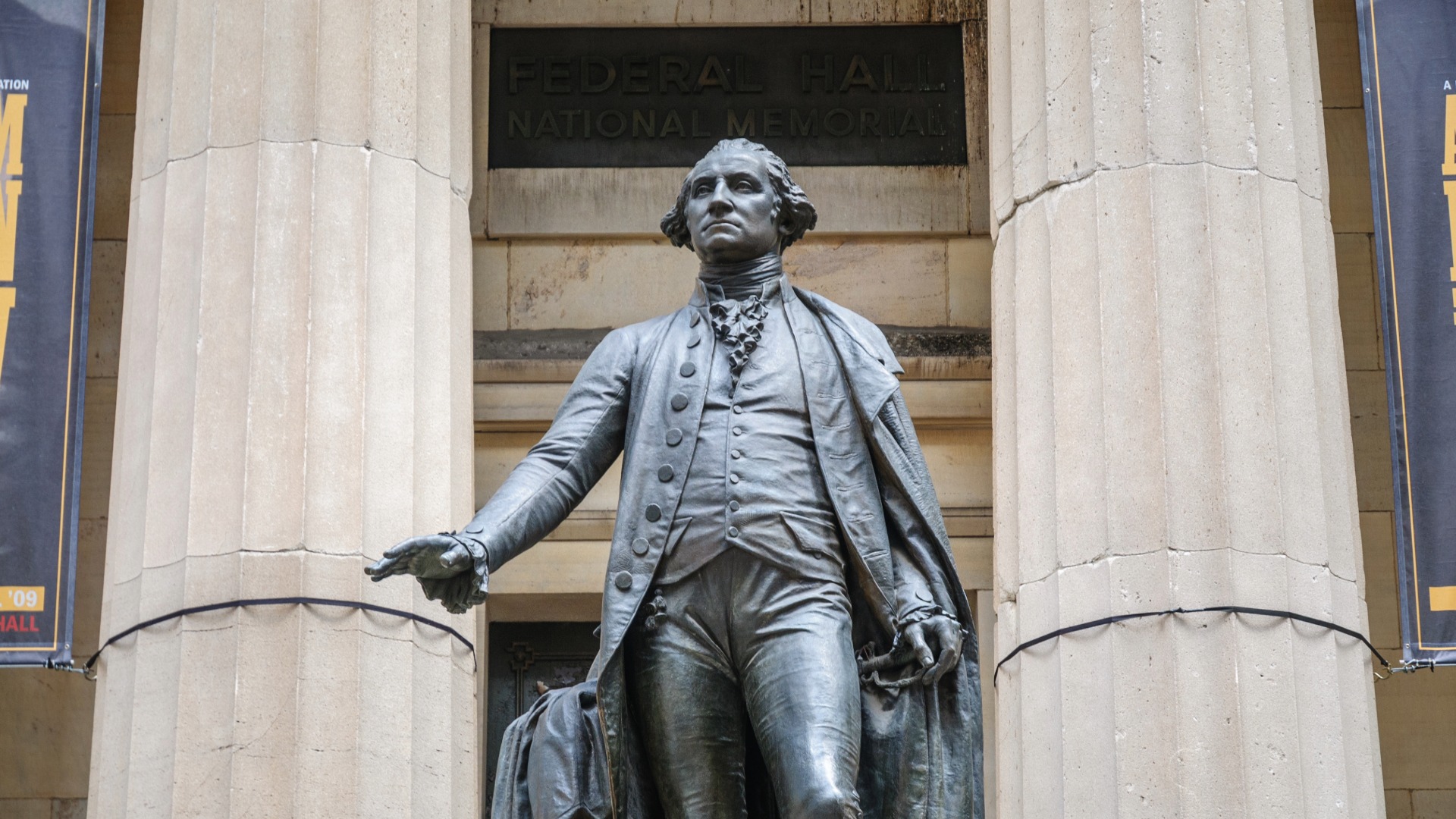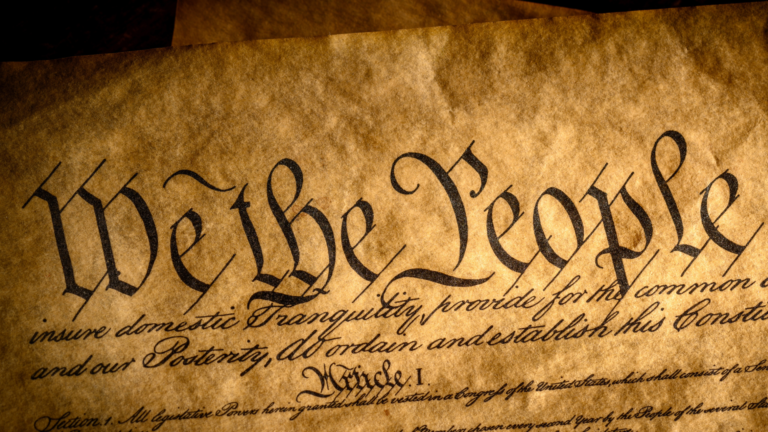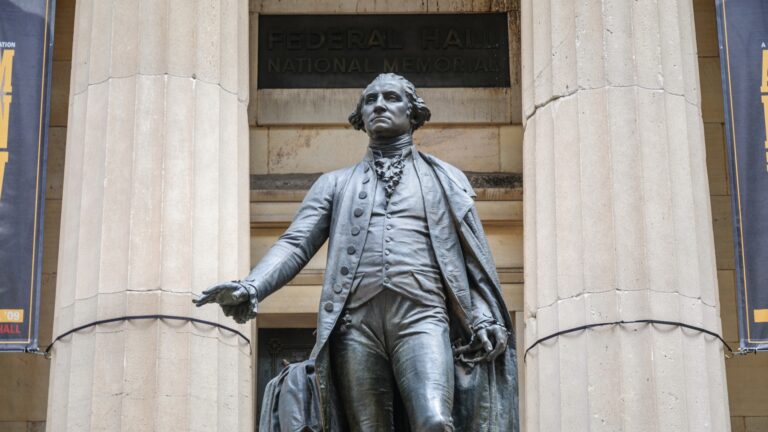Fourth Amendment
Quick Definition: Fourth Amendment
“The right of the people to be secure in their persons, houses, papers, and effects, against unreasonable searches and seizures, shall not be violated, and no Warrants shall issue, but upon probable cause, supported by Oath or affirmation, and particularly describing the place to be searched, and the persons or things to be seized.”
Key points
- Establishes the legal standard for searches and seizures by the government.
- Incorporated to the states through Mapp v. Ohio (1961), applying the exclusionary rule to state courts.
- Numerous exceptions developed (e.g., consent, exigent circumstances, plain view doctrine).
- Applies to digital privacy as well (e.g., Riley v. California, requiring a warrant to search cell phones).
FAQ
- Do police always need a warrant? Not in every case—there are recognized exceptions.
- What is probable cause? A reasonable belief based on facts that a crime has been or is being committed.
- Does this protect electronic data? Yes, courts have extended protections to personal electronic devices and data.






